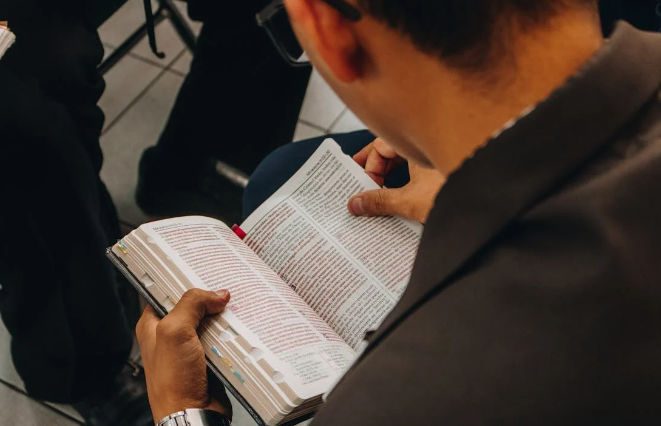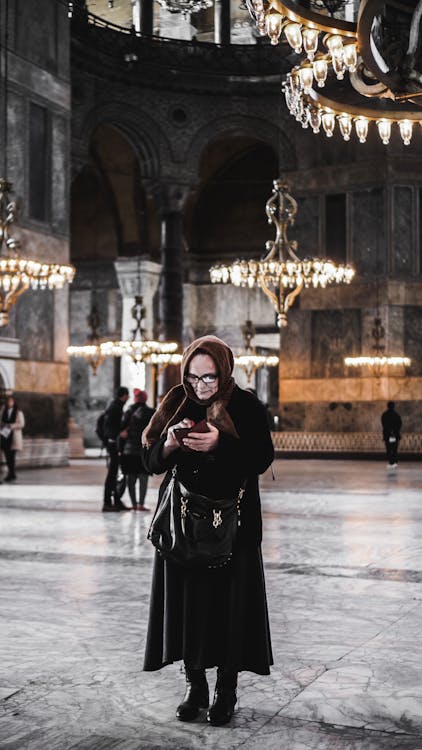Racial Reconciliation: Building Unity in Diversity Through Biblical Love. Racial reconciliation is a vital and ongoing journey toward healing and unity in our diverse societies. In the pursuit of racial harmony, the teachings of the Bible provide profound guidance on how to love and respect one another regardless of race or ethnicity. Let’s explore some key biblical principles and insights for fostering racial reconciliation and building unity in diversity.
Recognizing God’s Image in Everyone
Genesis 1:27 declares, “So God created mankind in his own image, in the image of God he created them; male and female he created them.” This foundational truth underscores the inherent dignity and worth of every individual, regardless of race or ethnicity. By recognizing and honoring the image of God in every person, we cultivate a deep respect and appreciation for the diversity of humanity.
Emerging New Millionaires Through Ecommerceis an excellent eBook worth purchasing. This further stands as the ultimate guide to building a successful online business and achieving financial freedom in the digital age. Visit here
Loving Our Neighbor as Ourselves
Jesus’ commandment to love our neighbor as ourselves is central to the pursuit of racial reconciliation. In Mark 12:31, He states, “The second is this: ‘Love your neighbor as yourself.’ There is no commandment greater than these.” This principle challenges us to extend love, compassion, and empathy to people of all races and backgrounds, fostering understanding and unity across racial divides.
Breaking Down Barriers and Divisions
Ephesians 2:14 proclaims, “For he himself is our peace, who has made the two groups one and has destroyed the barrier, the dividing wall of hostility.” Through His sacrifice on the cross, Jesus broke down the barriers and divisions that separate us, reconciling us to God and to one another. As followers of Christ, we need to work towards breaking down racial barriers and fostering reconciliation among all people.
Pursuing Justice and Equity
Micah 6:8 instructs, “He has shown you, O mortal, what is good. And what does the LORD require of you? To act justly and to love mercy and to walk humbly with your God.” Racial reconciliation requires a commitment to pursuing justice and equity for all individuals, particularly those who are under marginalization or oppression due to their race or ethnicity. This also involves addressing systemic injustices and working towards creating a more just and equitable society.
Celebrating Diversity as God’s Design
Revelation 7:9-10 paints a beautiful picture of diversity in worship, stating, “After this I looked, and there before me was a great multitude that no one could count, from every nation, tribe, people and language, standing before the throne and before the Lamb. They were wearing white robes and were holding palm branches in their hands. And they cried out in a loud voice: ‘Salvation belongs to our God, who sits on the throne, and to the Lamb.'” This vision reminds us that diversity is a reflection of God’s design and a cause for celebration, not division.
Emerging New Millionaires Through Ecommerceis an excellent eBook worth purchasing. This further stands as the ultimate guide to building a successful online business and achieving financial freedom in the digital age. Visit here
Conclusion
Racial reconciliation is a journey that requires intentionality, humility, and a commitment to embodying the love of Christ in our interactions with others. By embracing the biblical principles of recognizing the image of God in everyone, loving our neighbor as ourselves, breaking down barriers and divisions, pursuing justice and equity, and celebrating diversity as God’s design, we can work towards building unity in diversity and fostering racial reconciliation in our communities and beyond. As we embark on this journey, may we also get guidance by the transformative power of God’s love, which has the power to heal wounds, bridge divides, and unite us as one human family.
We at Wordembassyare highly regarded to be a significant affiliate for great products. As a result, we are paid a commission if you use one of these links to purchase a membership. You don’t, however, have to pay more for this. You may relax knowing that the information given here is reliable and accurate.






